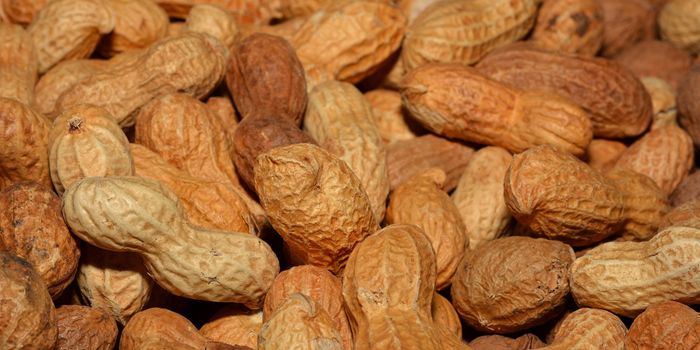Honey is one of the most ancient medicinal agents, dating back at least to the Egyptians who used honey to dress wounds. Today, honey is hailed as one of nature’s best multi-purpose remedies – scientists have found many anti-bacterial and anti-inflammatory properties in this simple sugary substance.
Now, scientists University of Southampton in the United Kingdom have put honey to the test against a formidable enemy of hospitals and clinics everywhere: bacterial biofilms. And, as it turns out, honey – specifically, Manuka honey – reduced bacterial “stickiness” by up to 77 percent.

Chemically, honey has enzymatic activities that imbue it antimicrobial power. The high sugar content in honey is also thought to impede the growth of bacteria. In lab settings, researchers found that honey hinders food-borne pathogens like E. coli and Salmonella.
In particular, Manuka honey, which is derived from native bees in New Zealand, has been reported to have antimicrobial activity against
Staphylococcus aureus and
Helicobacter pylori. Most recently, a study found that the antibacterial properties of Manuka honey may also extend to
Streptococcus pyogenes, a bacteria responsible for many chronic wound infections.
Given these promising claims, the research team set out to test whether Manuka honey can fight bacterial biofilms, which are sticky aggregation of bacterial colonies that are often resistant to antibiotics.
The team diluted the honey in various concentrations before testing it against two types of bacteria:
Escherichia coli and Proteus mirabilis, key culprits in urinary tract infections (UTIs) associated with long-term use of catheters.
After incubation, they found that the highest dilution of honey (at 16.7 percent) was the most effective at stopping the bacterial biofilms. In fact, this dilution decreased bacterial “stickiness” by more than 75 percent. Stickiness is a hallmark of the slimy film that serves to protect the bacteria against the environment.
Of note, the Manuka honey was only tested in lab-controlled environments on plastic dishes. The team cautions that further testing with actual medical instruments in the real-world setting will be necessary to confirm their findings.
In addition, they noted that the antibacterial properties of Manuka honey don’t seem to extend beyond topical applications. This means that eating the honey probably won’t do any good to stave off UTIs.
Additional sources:
MNT,
Journal of Wound Care









